
Email is 2014's best digital marketing tool
Technology has had a major impact on the world of marketing, making it possible to target customers more accurately than ever before.
However, when it comes to selecting the best tool to deliver a message there's still confusion, especially since the rise in importance of social networks. A new survey by email marketing brand Campaigner looks at the technologies businesses see as most effective as part of their marketing effort.
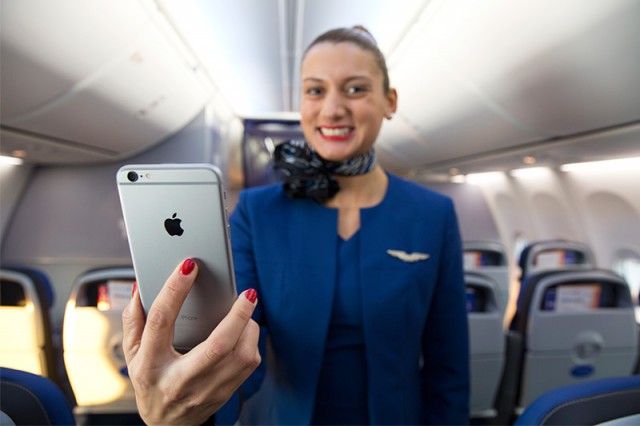
United Airlines to equip more than 23,000 flight attendants with iPhone 6 Plus
Whenever I read about a company deploying a certain number of smartphones for internal use, it is usually Windows Phones which are given to employees. And Microsoft is the company that proudly does the official announcement on behalf of (or together with) its customer. This time around things are (very) different.
US airline United Airlines has announced that it will deploy iPhone 6 Plus to over 23,000 flight attendants, with the initial goal of giving them the ability to access company resources -- like email, Intranet, policies, and procedures manuals -- and also to handle retail transactions during flights.

Google News to close in Spain, Spanish publishers to be dropped globally
Stories about companies going to all manner of lengths to minimize or completely avoid tax payments are nothing new. Google is no stranger to this, and following new legislation in Spain, the company is shutting down the Spanish version of Google News. This is a bid to avoid paying what has been dubbed the "Google Tax".
The Spanish government is about to bring in legislation that would require Google News to make payments to publishers whose content it uses. The news service will close on 16 December, but the consequences go beyond Spanish web users missing out on Google News.

Iowa set to debut digital drivers licenses in 2015
Iowa is first in the nation when it comes to selecting the candidates for the US Presidential election. Soon it will be the first to offer digital drivers licenses to residents in a mobile app, too.
In a budget hearing Wednesday, Iowa Department of Transportation chief Paul Trombino told state lawmakers in a budget hearing Wednesday that the app is set to launch next year. While the department still plans to issue old fashioned plastic licenses in the near-term alongside the app, Trombino says the app-based ID will be acceptable as identification for law enforcement and airport security officers in the state.
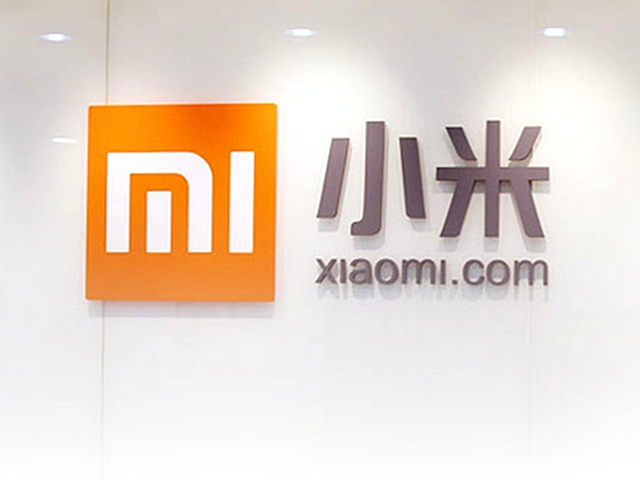
Xiaomi infringes Ericsson patents in India, local court bans sales until February 2015
Xiaomi has enjoyed great success in its home market of China, becoming the largest vendor in the country in Q2 2014, beating Samsung for the title. The company also was the third-largest smartphone maker worldwide in Q3 2014. And things appear to only be looking up for Xiaomi, with shipments expected to grow at a still rapid pace.
One of the reasons why Xiaomi has managed to reach the top spot in its home country is the permissive local legal system, in relation to patents. The company hasn't really been challenged locally by any of the big non-Chinese players, as quite likely any suits filed against it for patent infringement would be lost by the plaintiffs. Western companies have been dealing with this problem for (too) many years. However, as Xiaomi expands into India, it has to deal with a different legal system, one which just sided with Ericsson in a case of patent infringement. The outcome?

Play 108 logic games for free with Logyx Pack
Microsoft Minesweeper may have been an extremely basic game, but it was also easy to play, and a fun way to pass a few minutes, which is probably why it came bundled with Windows for around 20 years.
The game was finally dropped in Windows 8, but you can get it back with the free Logyx Pack, along with 107 others: Tetris, Battleships, Reversi, Checkers, Simon Says, and many more (see below for the full list).
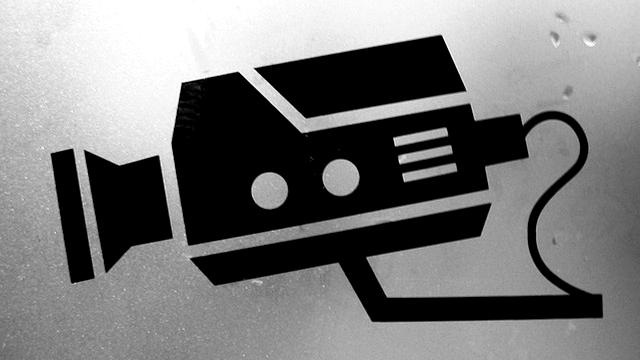
German and UK Internet users most likely to quit web services over privacy concerns
Internet users from the UK and Germany are more likely to stop using or delete an account for an online service than those from the United States, according to research into data privacy concerns.
The report by German software firm Open-Xchange, called Crossing the Line, investigated how online behavior has been affected by Edward Snowden’s revelations regarding government surveillance programs.

BetaNews exclusive: Home automation beta test opportunity from Betabound by Centercode
Home automation and the "Internet of Things" are the next frontiers for the technology world. Now that Wi-Fi is ubiquitous, the landscape is set for smart homes more than ever before. What used to seem like science fiction has become a reality. You can now turn on lights with products like Belkin's WeMo switch or monitor your pets with a Dropcam Pro camera. Heck, with products like the Nest thermometer, your home can actually learn from your behaviors.
Today, Betabound by Centercode is offering BetaNews readers an exclusive opportunity to apply for a beta test of an exciting new smart home system. Will you be selected?

Spotify gets holiday happy, announces gifts for purchase
Music is important to many people, both current and the variety that brings back memories of youth or life events. While sometimes happy and occasionally tragic, it still raises emotions. Spotify has become one of the top destinations for this, and now it's getting ready for the holiday season.
If you wish to give the gift of music, then cards are available to you for purchase. The cards come in several increments, including $10, $30 and $60, netting the lucky recipient one, three or six months of streaming Spotify Premium music service.
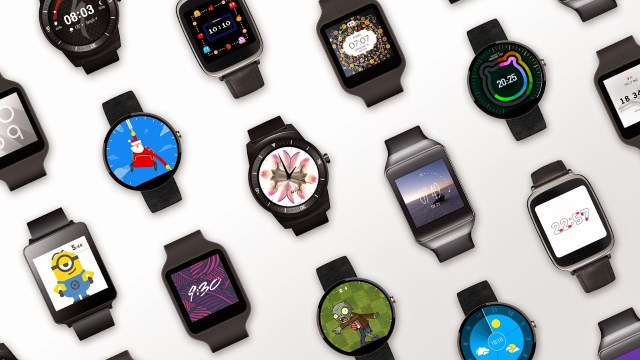
Android Wear users can now download watch faces from Google Play
Google Play is home to apps for every occasion, books to suit every mood, and movies and music for everyone. Today Google announces that Android Wear users can also download a makeover for their wrist wear from the digital store. Watch faces can now be downloaded from Google Play direct to your chosen wearable.
From the serious to the silly, the cheap-and-cheerful to the utterly stylish, you can transform the look of your smartwatch with just a few clicks. And now that the Watch Face API is available to developers, you can expect to see more and more faces popping up over the coming weeks and months.

Bing-powered Insights for Office brings context-sensitive search to Word Online
Microsoft's current vision is mobile first, cloud first (if two things can be simultaneously first), and this is perfectly demonstrated by what is being done with Office. Office has been pushed to not only mobile devices, but also the cloud and now Word Online gains the power of Bing in the form of Insights for Office.
The new feature makes it possible to perform searches from within Word Online so you can conduct research with fewer clicks. It could be as simple as looking up a definition, or you might be inspired to look up images related to the document you are working on.

Intel IoT Platform aims to drive adoption of secure Internet of Things
The Internet of Things will see an acceleration in adoption if Intel's plans work out. The chipmaker has just unveiled its own Internet of Things platform called, inevitably, Intel IoT Platform. The aim is to create a unified system that makes it easy for manufacturers to securely connect their devices to others.
The platform is essentially a set of protocols that helps to ensure compatibility between devices. Intel has already forged a number of partnerships with a view to accelerating uptake of and interest in the Internet of Things in general, and Intel IoT specifically.
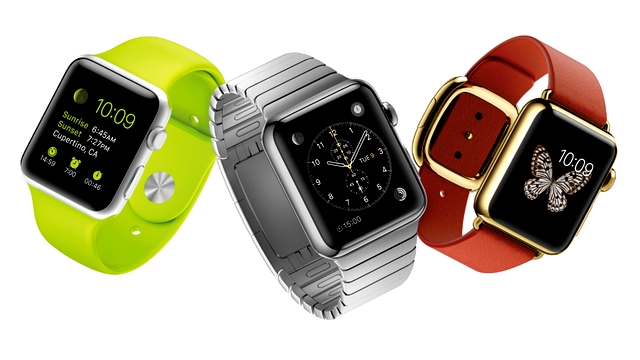
Apple Watch to kickstart wearables in 2015
Another report has emerged pointing to 2015 as being a massive year for wearables, with the gadgets expected to explode in popularity.
In particular the smartwatch is expected to finally take off, with the Apple Watch helping to drive that category forward when it’s released next spring. Thus far, fitness bands have easily topped the wearables category, but smartwatches are expected to accelerate rapidly now they’re shedding the geeky image with the likes of smart-looking Android Wear devices, as well as Apple’s effort.

Are you lactating or depressed? A doctor is only a video chat away
Health care can be very expensive. Sadly, some people must choose between going to the doctor and food, or between getting medicine and heating their homes. It is a tragedy really, that in a country like the USA, health care is not universally available to all. Even if you can afford health insurance, getting off from work to go the doctor can be an issue, not to mention, increasingly large co-pays.
Luckily, the Internet makes more of the world available to people, including health care. Yes, you can interact with medical professionals over video chat. Today, a company called Doctor On Demand announces that it is now offering video chat to lactating mothers and those in need of psychological help.

Executive ego and the Sony Pictures network hack
Readers have been asking me to write about the recent network hack at Sony Pictures Entertainment. If you run a company like Sony Pictures it has to be tough to see your company secrets stolen all at once -- salaries, scripts, and Social Security numbers all revealed along with a pre-release HD copy of Annie, not to mention an entire database of unhappy Sony employees who want to work anywhere Adam Sandler doesn’t. But frankly my dear I don’t give a damn about any of that so let’s cut to the heart of this problem which really comes down to executive privilege.
Sony was hacked because some president or vice-president or division head or maybe an honest-to-God movie star didn’t want something stupid like network security to interfere with their Facebook/YouTube/porn/whatever workplace obsession. Security at Sony Pictures wasn’t breached, it was abandoned, and this recent hack is the perfectly logical result.



